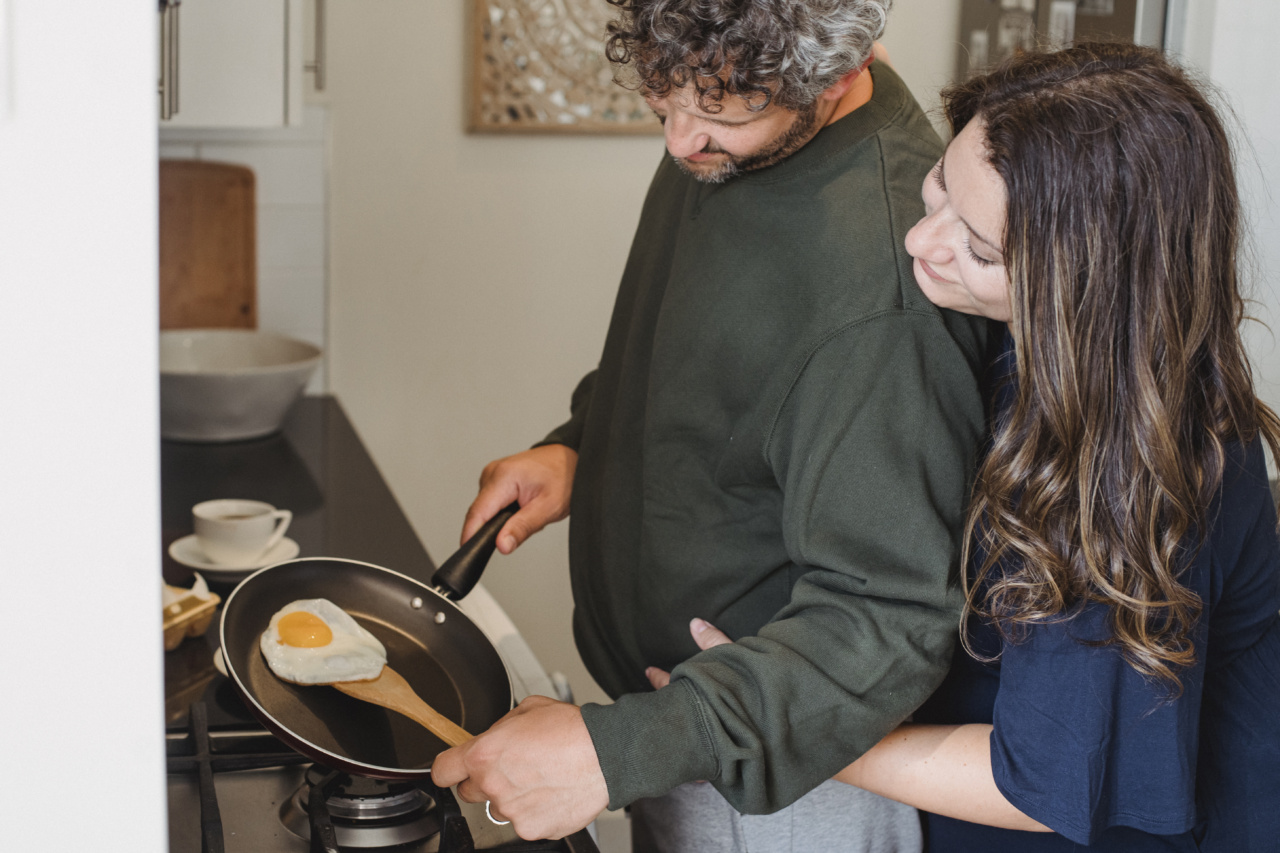In today’s world, modern technology has made it possible for couples to plan their families as per their convenience. One of the most important options available to women is egg freezing.
Egg freezing is also known as oocyte cryopreservation, which involves extracting eggs from a woman’s ovaries and freezing them for future use if she wants to have children at a later stage in life. Today, many women are taking advantage of this technology to give themselves the freedom to plan their families.
How egg freezing works?
Egg freezing works by using the same technology used for in-vitro fertilization (IVF). Women are given hormonal therapies to stimulate their ovaries, and then the eggs are harvested through a simple outpatient procedure under anesthesia.
These eggs are then quickly frozen to preserve them. Later on, when the woman is ready to have children, the eggs can be thawed, and fertilized with sperm outside the body via In-Vitro Fertilization (IVF).
Who should consider egg freezing?
Egg freezing is an excellent option for women who want to postpone pregnancy. It is particularly useful for females who:.
- Have not found the right partner
- Want to focus on their career or education before having children
- Have medical conditions that may impact their fertility, such as endometriosis, cancer, or undergoing treatments like chemotherapy, or radiation therapy
- Have a genetic predisposition for early menopause
Age Considerations
Generally, the younger a woman is when she freezes her eggs, the better chance she has of success when she decides to use them in the future.
The reason behind it is that a woman’s fertility starts to decline as they age, and their egg quality deteriorates. This means that older women may not get enough high-quality eggs to freeze, and even if they do, the chances of a successful pregnancy reduce. For best results, it is generally recommended that women consider freezing their eggs before they reach 35.
Egg Freezing Success Rates
Egg freezing success rates depend on various factors, such as the age of the woman, the number of eggs retrieved, and the quality of eggs retrieved.
Generally, success rates are higher in younger women, as they have a higher chance of retrieving good quality eggs. The results of a study by the Society of Assisted Reproductive Technology (SART) from 2018 showed that for women who froze their eggs before the age of 30, the live birth rate per egg retrieval was 43.4%.
The live birth rate varied with age, declining to 23.8% for those who froze their eggs between ages 36-37 and 18.6% between ages 38-39.
Advantages of Egg Freezing
Egg freezing offers several advantages such as:.
- It allows women to plan their pregnancies and have flexibility in terms of when they want to have children
- It provides an option for preserving fertility in women with medical conditions that may impact their fertility, such as cancer or autoimmune disorders
- Egg freezing can reduce anxiety about the biological clock ticking, particularly if a woman has not found the right partner yet or wants to focus on her education or career before starting a family
- If a woman decides to postpone motherhood for any reason, freezing her eggs at a younger age may increase the chances of a successful pregnancy in the future
Potential Risks of Egg Freezing
As with any medical procedure, egg freezing also has potential risks, such as:.
- The process of egg retrieval may cause some discomfort, bleeding, and infection in rare cases
- There may be complications associated with the hormone therapy used for egg stimulation, such as ovarian hyperstimulation syndrome (OHSS)
- Egg freezing does not guarantee pregnancy, and for some women, it may not be successful despite multiple attempts
Costs of Egg Freezing
Egg freezing can be expensive and is currently not covered by insurance in most cases.
The approximate cost of egg freezing varies with the location and the clinic but can range anywhere from $10,000-$15,000 per cycle, including retrieval and storage costs.
Conclusion
Modern family planning has come a long way, and egg freezing is undoubtedly a valuable option for women who want to take control of their future.
However, as with any decision about reproductive health, it’s crucial to discuss this option with a medical professional and weigh up the potential benefits and risks carefully before making a decision. Egg freezing offers women hope and freedom for the future, but it’s important to understand what it entails and make an informed choice.































